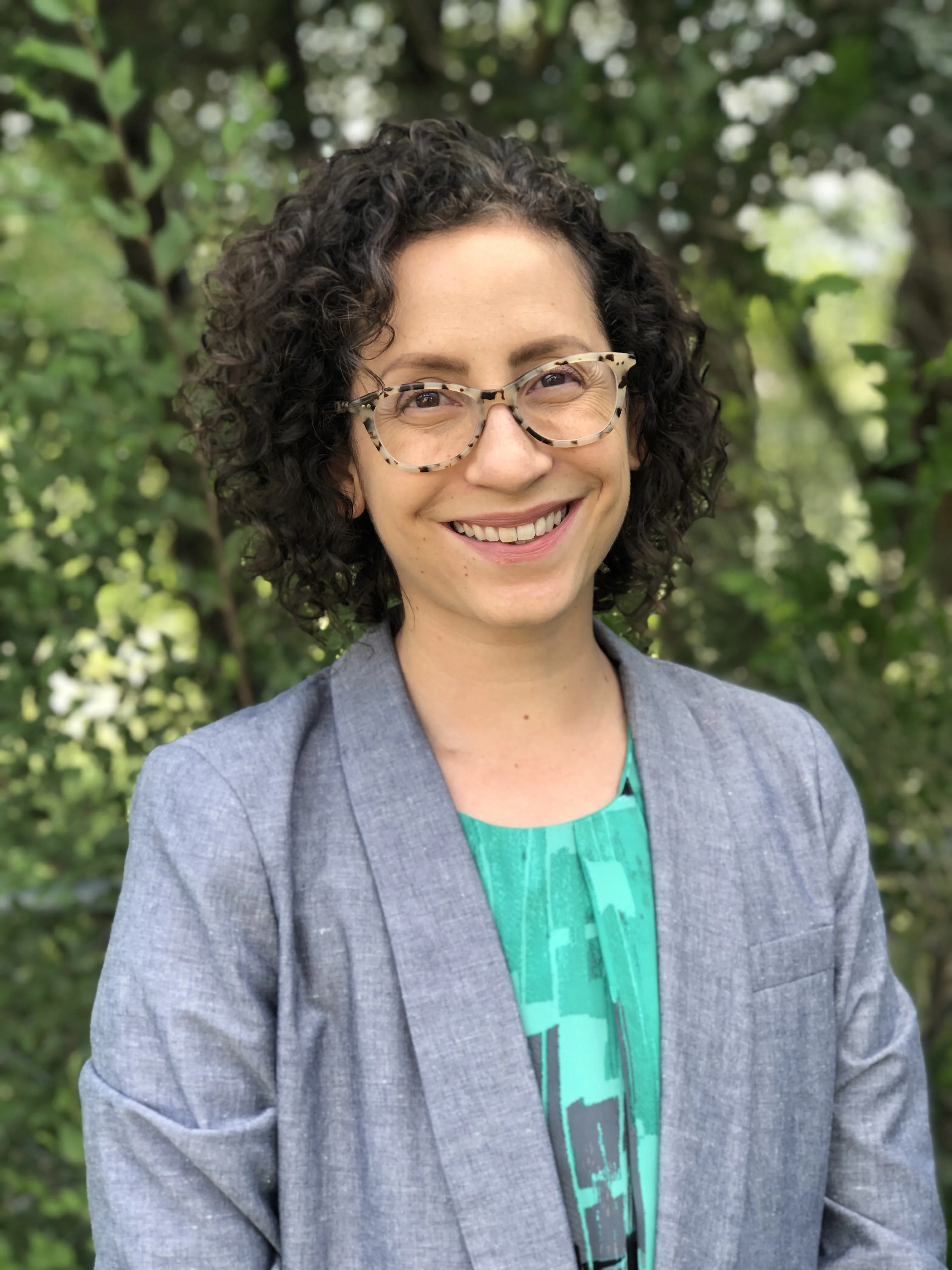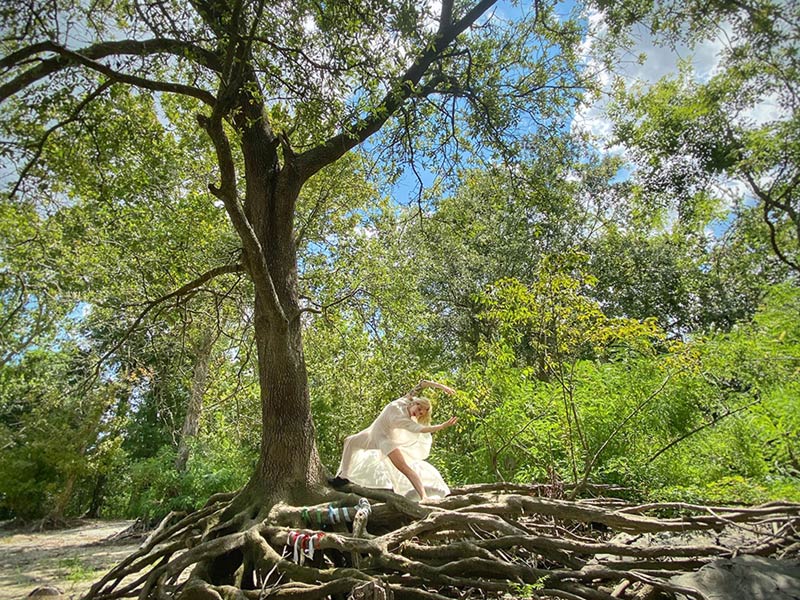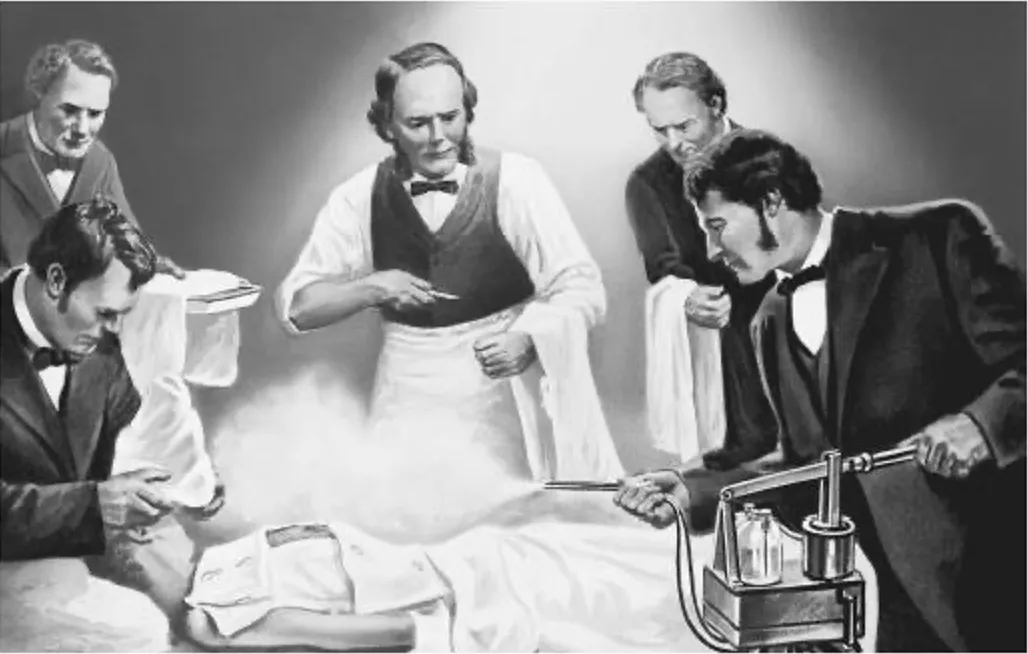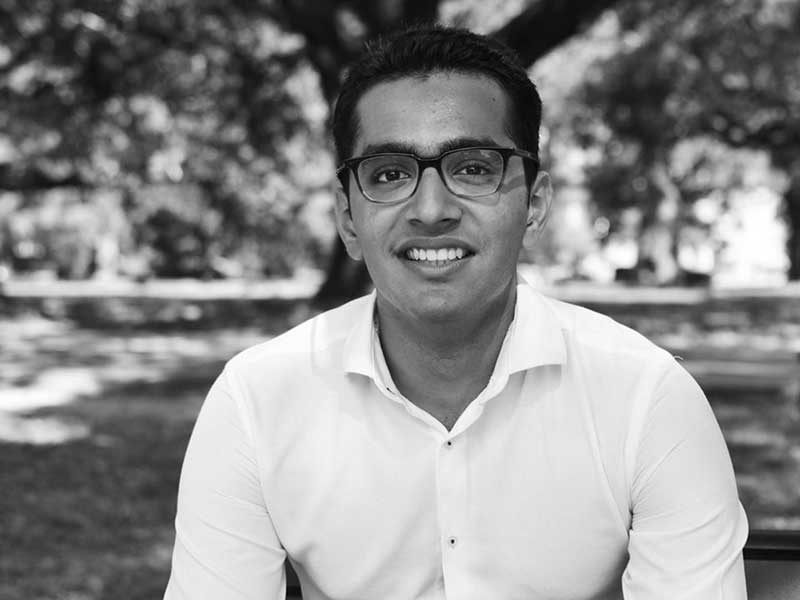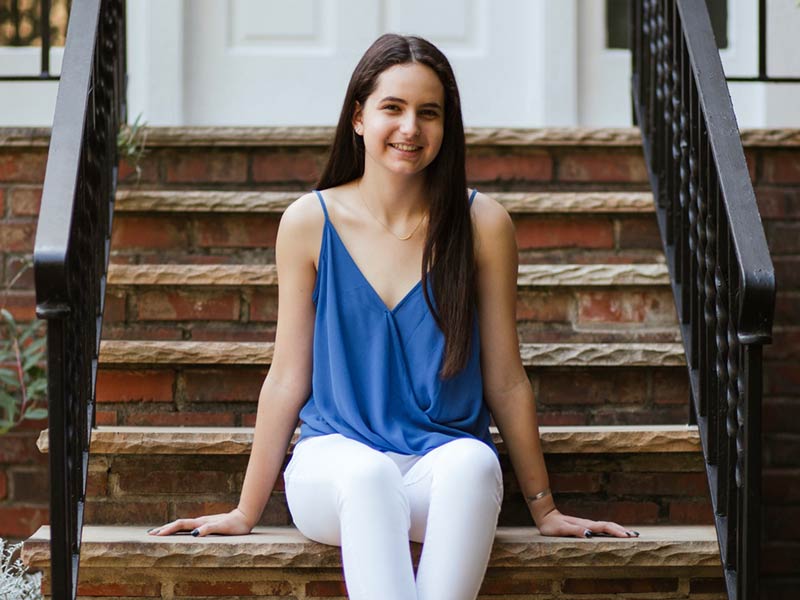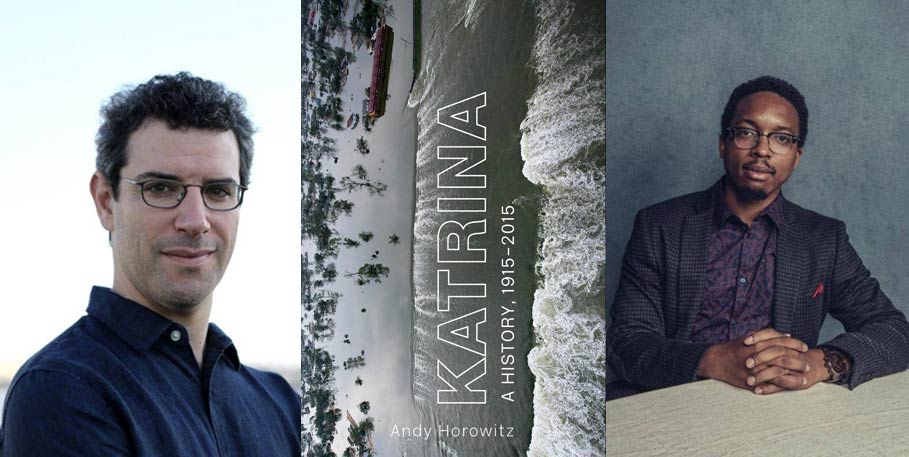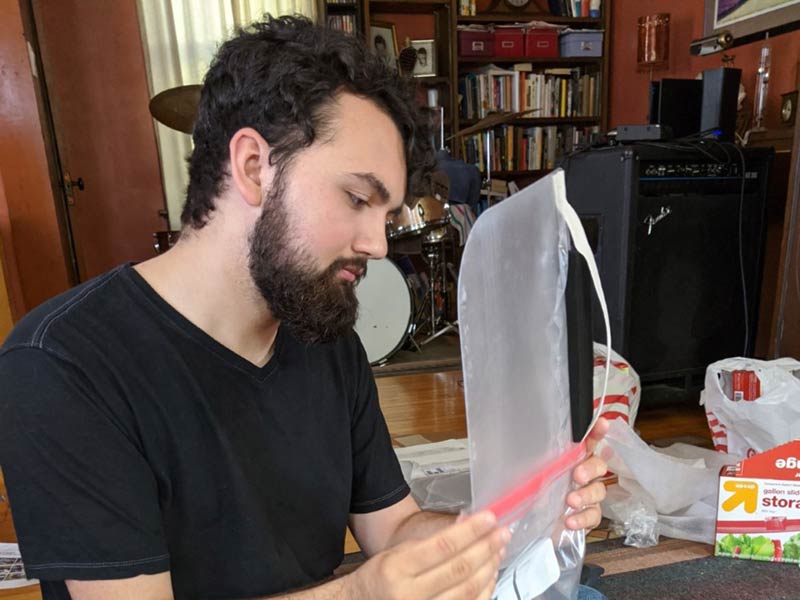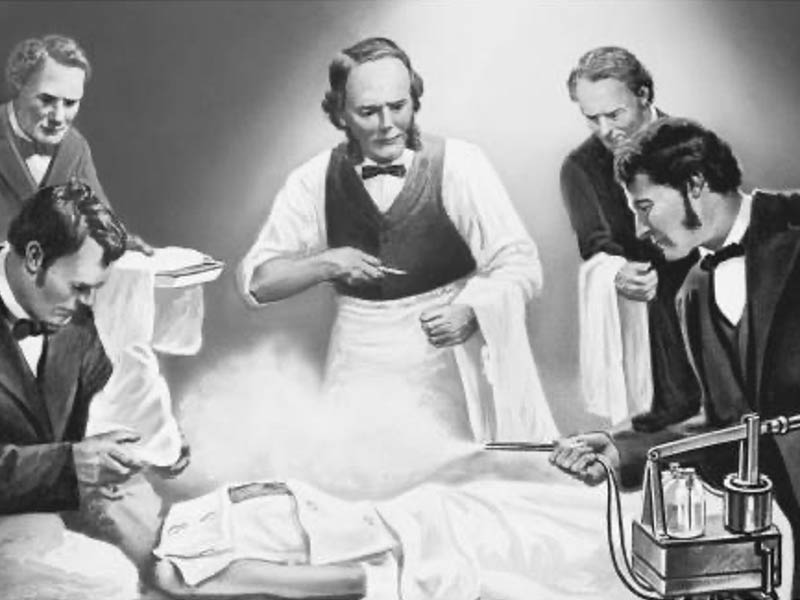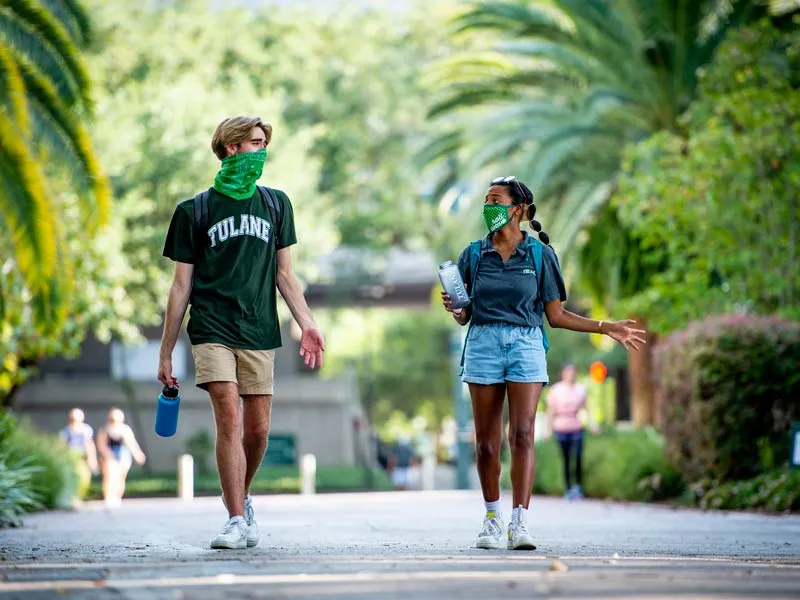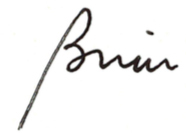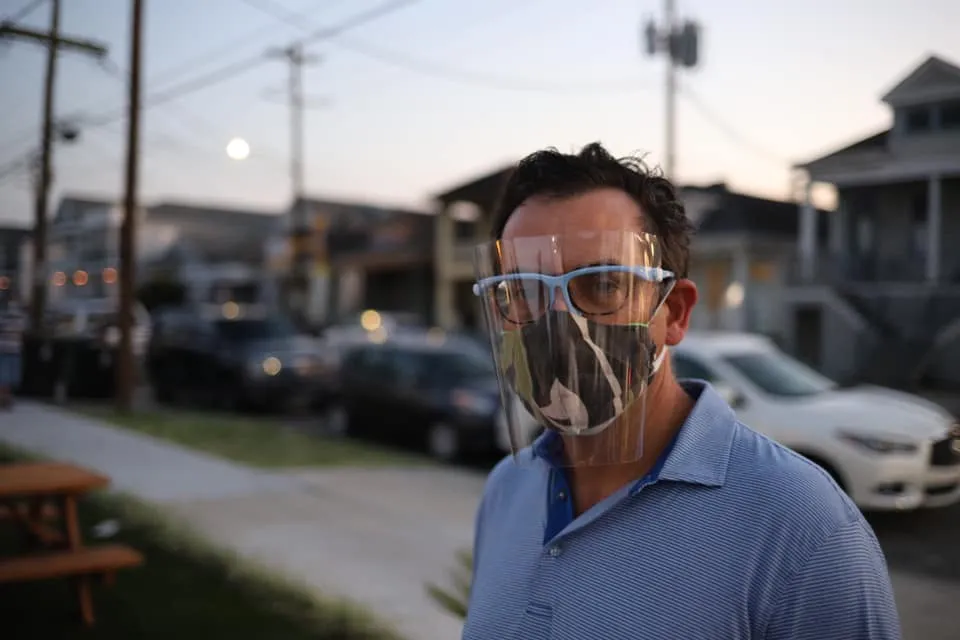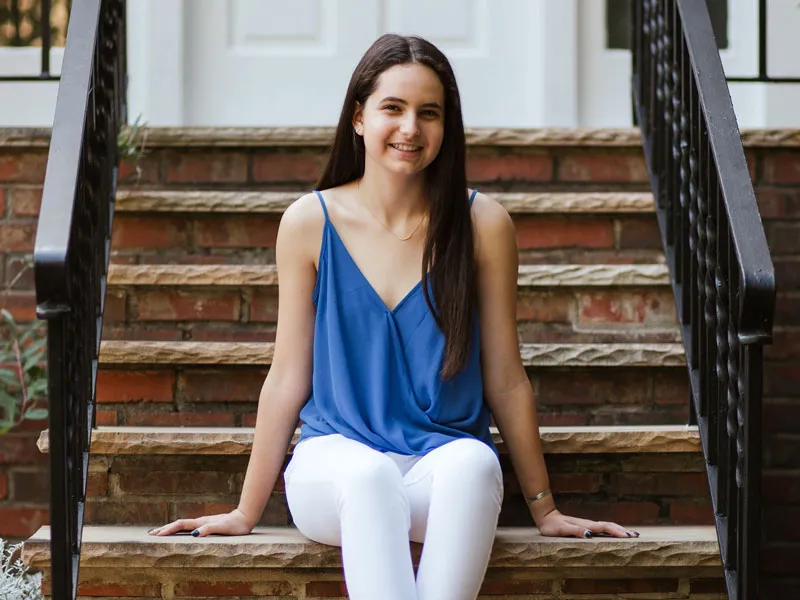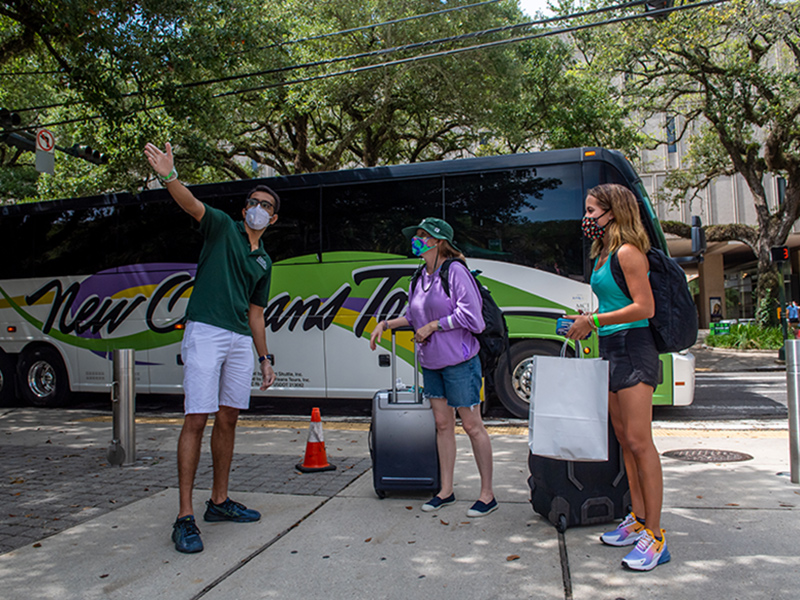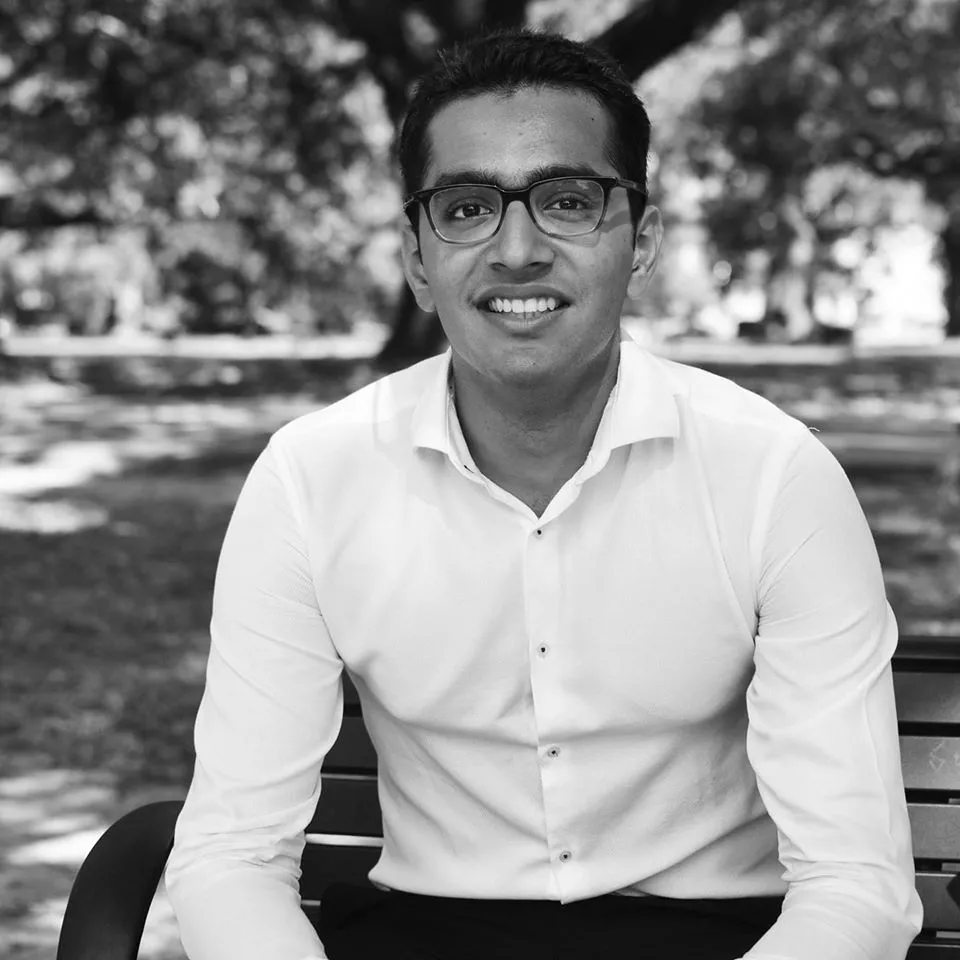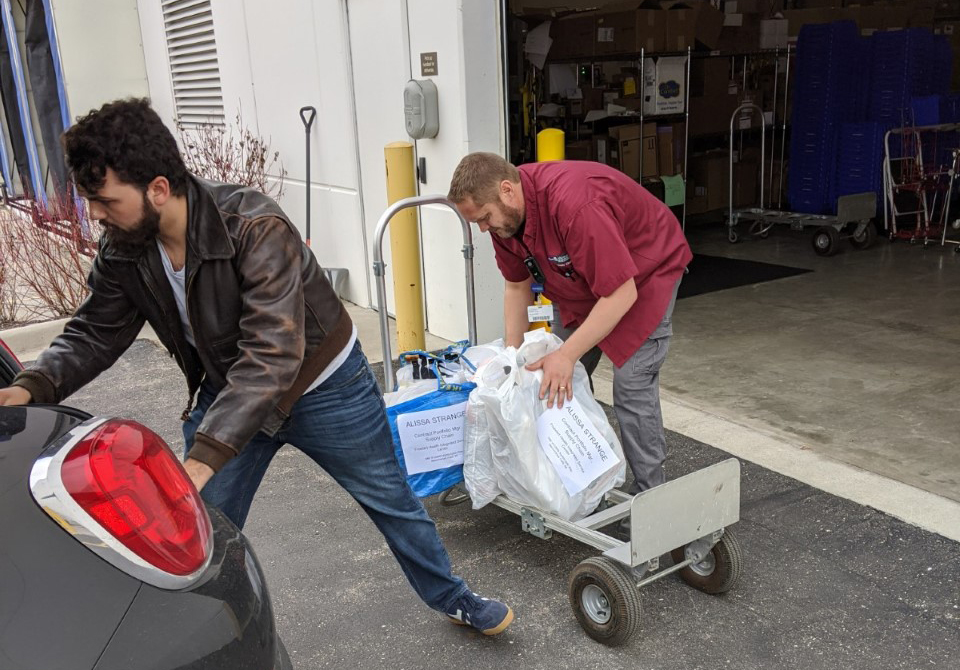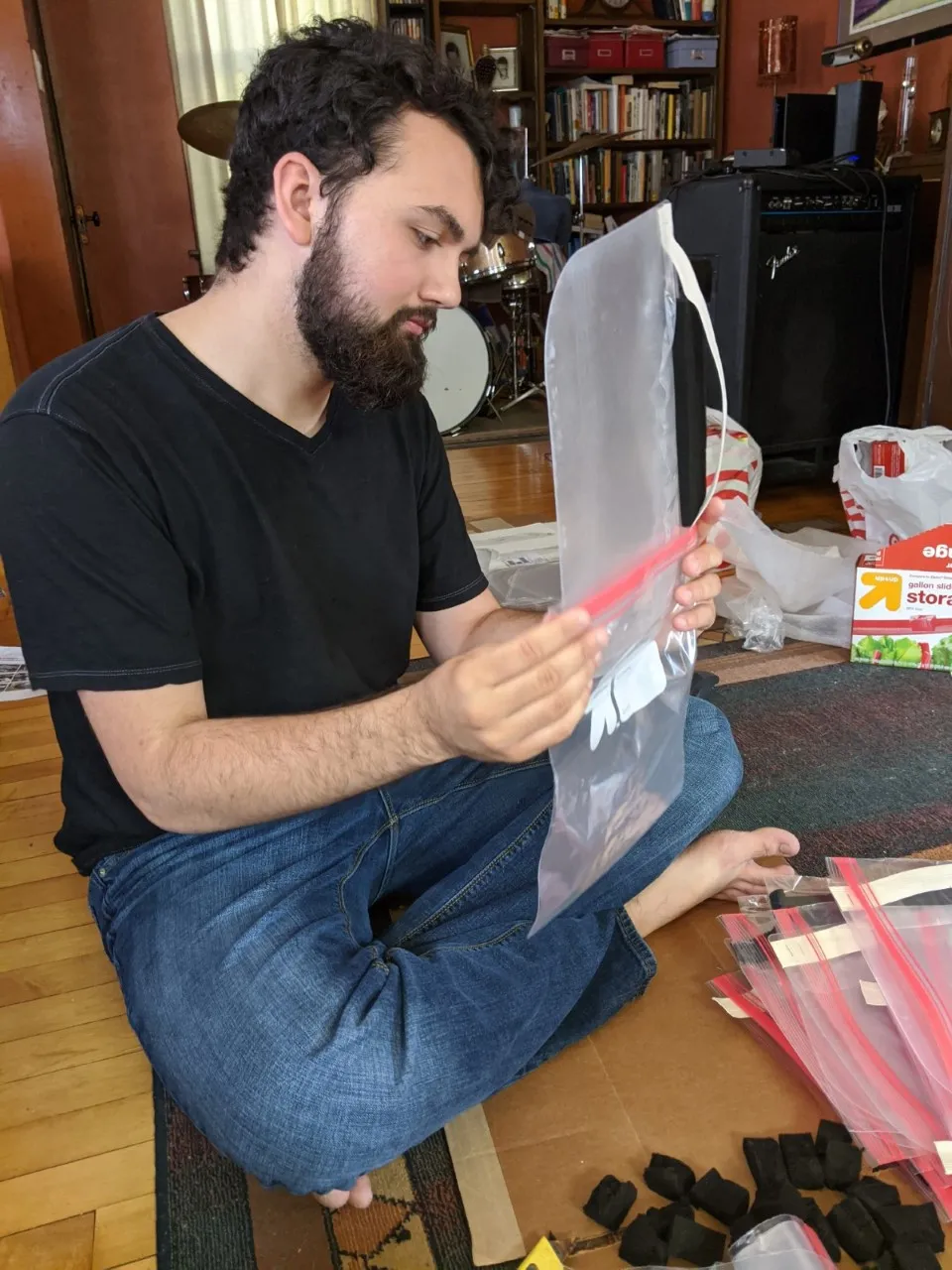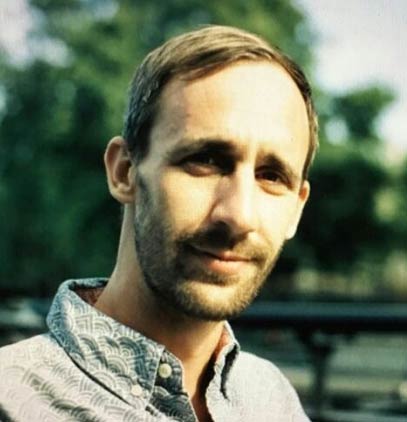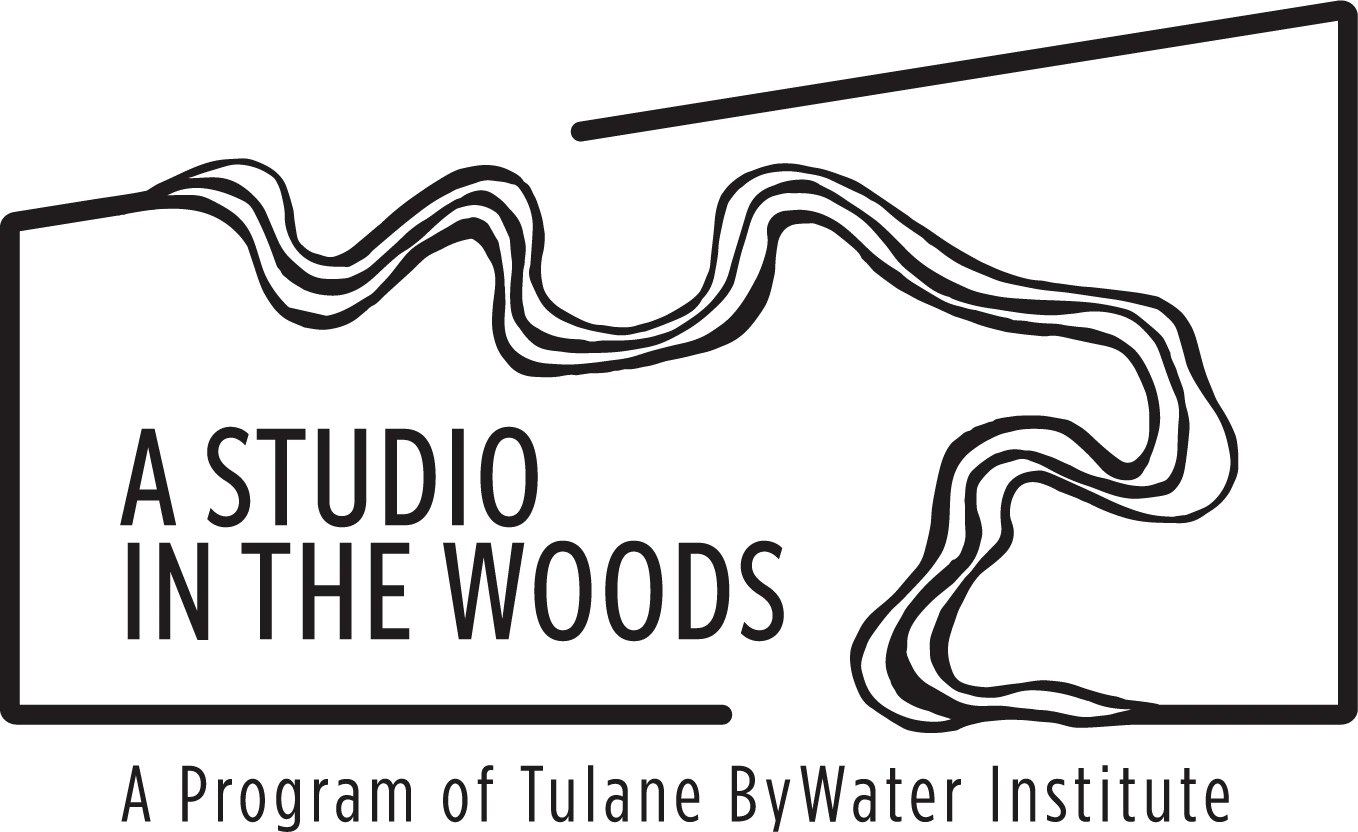Liberal Arts Welcomes New Language Learning Center Director
“I don’t think it is trite to say that learning languages broadens your horizons,” said Adrienne Gonzales, who began her role as the director of the School of Liberal Arts Language Learning Center in September 2020. As Gonzales explains, “academically and professionally, it’s really important to understand that there will always be something lost in translation. Giving yourself the ability to read a text in its original language, or to consume media or have conversations in other languages, allows you to use your own critical thinking skills to interpret meaning. That is powerful.”
Gonzales has more than a decade of experience aiding students in linguistic and cultural education, as well as supporting faculty members working with those students. And while she loves teaching, Gonzales has focused her research and work on programming and innovation in classroom technology. Prior to coming to Tulane, she spent ten years at the University of Denver (DU) where she was director of the Center for World Languages and Cultures and a teaching associate professor. At DU, Gonzales worked on interdisciplinary integration of linguistic and (inter)cultural competencies, increasing access to Less Commonly Taught Languages, language and academic assessment, and faculty support and professional development.
School of Liberal Arts Dean Brian Edwards is thrilled to have Gonzales join the school. “Given our commitments to a global liberal arts, we sought a leader with a vision for 21st-century language teaching that is conversant with new technologies and creative in meeting the demands of a new generation of students,” said Edwards. “Adrienne exemplifies this leadership goal, and we cannot wait to see her elevate the Language Learning Center.”
Gonzales is excited to bring her previous experience to the Language Learning Center and is also eager to help the Center become a resource that will benefit Tulane and the broader community, beyond its role as a language lab. “I’m looking forward to working with departments across the school to streamline our efforts and centralize offerings in a clear and concise manner. When we can see the bigger picture, we’re able to think more strategically about program assessment, placement assessment, and policies we can standardize, which will benefit language students at every stage of their career, on campus and off.”
Gonzales points to another important aspect of learning languages that fuels her work—building community and affinities to other cultures. As she settles into her new role, she will explore how the Center can draw on the city’s history and diverse communities to offer languages vital to the region, such as Louisiana French and Vietnamese. “We’re living at a time when universities are shutting language centers down,” said Gonzales. “But we see Tulane prioritizing a renewed vision for this language center right now, which is exciting and exemplifies a commitment to the region in which it exists, to educating global thinkers, and to supporting faculty.”
Adrienne Gonzales, Director of the School of Liberal Arts Language Learning Center.
